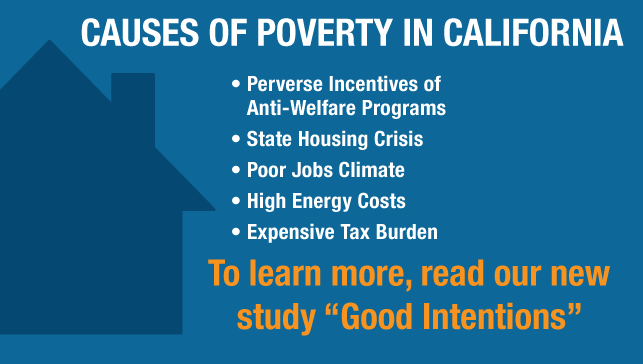It’s one thing to be considered a Judicial Hellhole. It’s another thing altogether to hold that distinction year after year . . . after year.
But, just as it is with so many state rankings, California isn’t a newcomer at the wrong end of a list. It’s a perennial resident of juridical Hades.
“If most lawmakers in Sacramento and the reliably generous plaintiffs’ lawyers who write campaign checks to keep them there can be likened to the Symbionese Liberation Army of the Berkeley-radical 1970s, then most California voters can be likened to the Stockholm syndrome-suffering heiress Patty Hearst, coming to love their captors even as hundreds of new laws – many of them designed specifically to expand civil liability on business and property owners – are enacted each year.”
Thus begins the California entry the American Tort Reform Foundation’s 2017-18 “Judicial Hellholes” report, which identifies and documents “places where judges in civil cases systematically apply laws and court procedures in an unfair and unbalanced manner, generally to the disadvantage of defendants.”
On this count, California was ranked as only the second-worst state in the country, behind Florida. It’s the same ignominious rank that the state found itself in 2012, 2013, 2015, and last year, when the report said the “Golden State is indeed that for personal injury lawyers seeking riches at the expense of employers, consumers and taxpayers.”
Somewhere near the bottom was also where California was routinely found in PRI’s Tort Liability Index series.
According to the American Tort Reform Foundation:
- California added 859 new statutes in 2017, and is now averaging more than 830 new laws a year since 2010.
This has made it “virtually impossible for even the most conscientiously law-abiding Californians to keep up and protect themselves from costly lawsuits.”
- More than 820,000 new lawsuits were filed in 2016 in California.
“With tens of thousands more filed in federal courts throughout the state, it’s no mystery why housing and business costs continue to soar, driving a continuing outmigration of people and jobs-providing companies whose executives consistently rate California the nation’s worst state in which to do business.”
- The 2004 Private Attorneys General Act, which allows workers to sue their employers over labor code violations, even small ones, and even when they’re not the injured party, is a continuing blight.
“If some advocates have their way,” the law “will become the kudzu of civil liability-expanding state laws, choking off business investment, job creation and wage growth in states far and wide.”
The report also implicates the California Environmental Quality Act for its contribution to the state’s unaffordable housing crisis; a glut of public nuisance lawsuits in which counties and cities “hire private-sector plaintiffs’ lawyers to pursue deep-pocket corporate defendants with lawsuits”; and the abundance of disability-access litigation that targets “small business owners – particularly minorities and recent immigrants who are unable or unwilling to fight back – with alleged violations of the Americans with Disabilities Act.”
Maybe the harshest point was this one:
“California’s civil courts are already teeming with bottom-third-of-their-class opportunists ready to sue anyone with the audacity to earn a profit.”
Of course while the “opportunists” are raking in the cash, nearly everyone else is paying in one way or another. Fewer jobs, higher consumer prices, narrowed consumer choices, more limited business opportunities, smothered small businesses, clogged courts that don’t have the time for legitimate cases — these are costs that are passed on by the trial lawyers and their legislative protectors.
In the mid-1970s, California was at the vanguard of tort reform, passing a medical malpractice law that became a model for other states. More recently – just last year, in fact – Gov. Jerry Brown signed a bill that limited how much damage trial lawyers can do to small businesses sued under the Americans with Disabilities Act. That legislation was a modest reboot of what needs a firm follow-up.
Unfortunately, it’s likely to be nothing more than a stand-alone achievement. The reality is that California will remain a Judicial Hellhole as long as lawmakers are not interested in overhauling the system. And they’ve done little to indicate they are.
Kerry Jackson is a fellow with the Center for California Reform at the Pacific Research Institute.

